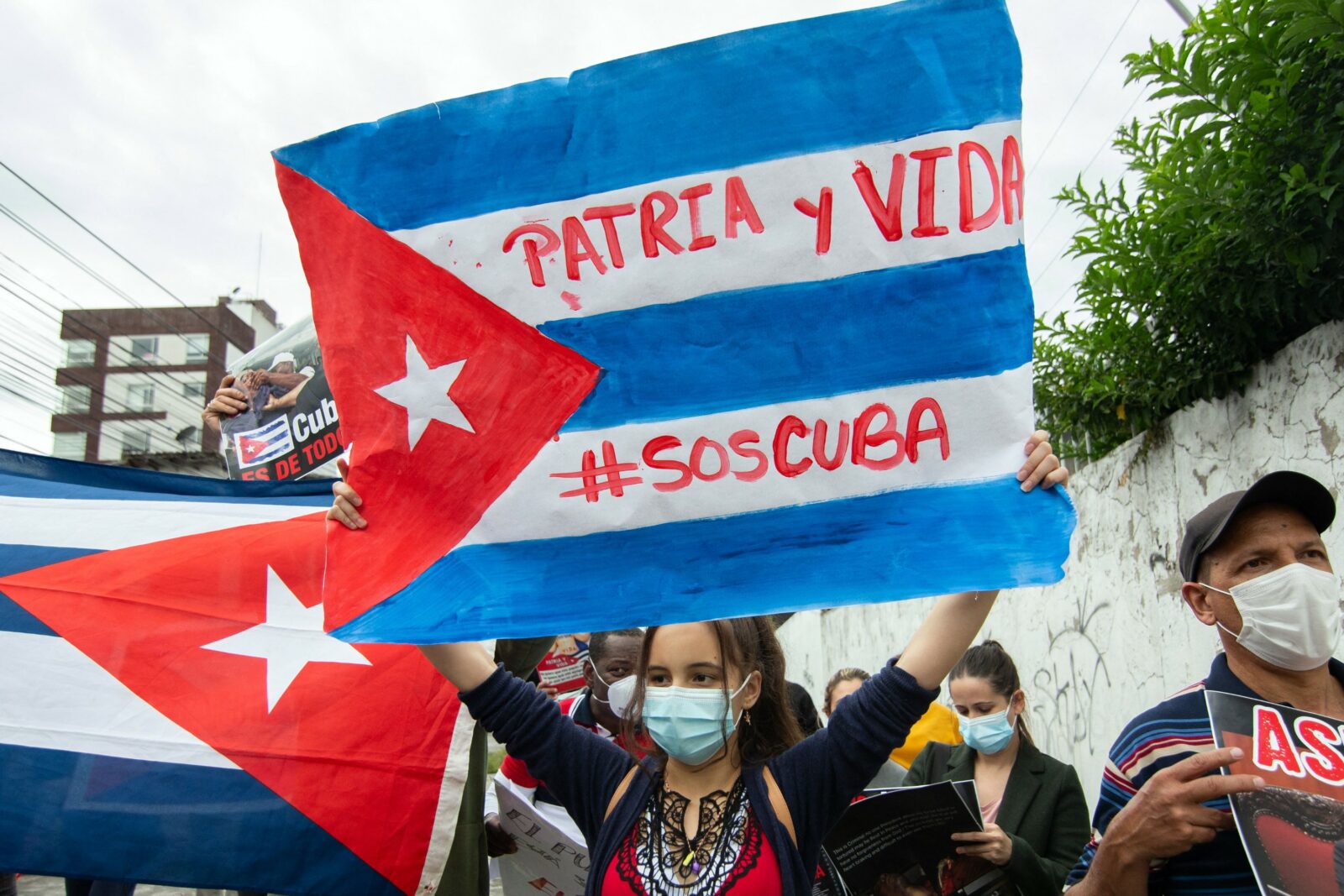Only twelve years old, Ali has become his family’s breadwinner.[1] He works eleven hours daily at an automobile repair shop near the refugee camp where his Syrian family lives. He earns almost fifteen dollars each week. His father, Mahmoud, couldn’t find work; desperate, the family had sent Ali to look instead. “I know that they hired my son instead of me because they can pay a child less and he is easier to exploit,” says Mahmoud.[2] Ali’s family isn’t happy with the situation, but they need Ali’s income to stay off the streets. One day at the repair shop, Ali is struck on the head by a falling iron rod. He needs medical attention, but between him and the hospital is a checkpoint. Ali doesn’t have a residency permit, so he knows that if he goes through the checkpoint he will be detained, or worse. So he doesn’t. Instead, he wishes he could go to school and waits for his head to feel better.[3]
Stories like Ali’s are startlingly common among refugees living in Lebanon and are becoming more common as Lebanon continues to struggle with its refugee crisis. However, while complex, the refugee crisis in Lebanon did not create itself. Lebanon’s response to its refugee crisis, prompted in part by a lack of international aid, has been careless and irresponsible. Underlying the crisis is a complicated history with refugees and Syria, messy politics, and a series of poor policy decisions which will all be explored in this two-part blog series. This first blog will examine the historical and political context that led to Lebanon’s refugee crisis, while a future blog will look at specific refugee policies in Lebanon, their consequences, and possible remedies.
Syrian refugees in Lebanon live under dire conditions inflamed by an openly anti-refugee government. Those who do not live in poverty on the streets of Lebanon’s urban centers live in poverty in one of Lebanon’s twelve refugee camps. Exacerbating the great socio-economic strain shouldered by refugees is Lebanon’s limited residency policy which has left many Syrian refugees in Lebanon without any formal lawful status. Because of their lack of legal standing, refugees’ access to work, education, and healthcare are restricted and they are left vulnerable to exploitation and abuse with no available legal redress.[4] To make matters worse, Lebanon’s refusal to facilitate the registration of refugee births has left many refugee children at risk of becoming stateless.[5] While Lebanon has officially promised to respect the international prohibition on refoulement,[6] Lebanese authorities have placed pressure on intergovernmental organizations such as the United Nations High Commissioner for Refugees (UNHCR) to organize returns.[7] Many refugees have returned to Syria under localized agreements not overseen by international organizations while others have left of their own accord despite believing that Syria is unsafe, citing harsh policies and deteriorating conditions in Lebanon.[8] With no end in sight for the conflict in Syria, Syrian refugees in Lebanon have nowhere to go and have no choice but to persist despite the poor conditions in Lebanon.
Background
Today, Lebanon has the largest number of refugees per capita in the world. [9] Since the start of the Syrian Civil War in 2011, Lebanon, a country slightly smaller than the state of Connecticut, has become refuge to an estimated 1.5 million Syrian refugees.[10] This “would be the equivalent to the United States receiving approximately 108 million refugees, or Europe receiving approximately 169 million refugees.”[11] Between January 2013 and September 2014 “the United Nations High Commissioner for Refugees (UNHCR) was registering on average over 48,000 refugees per month,” however, border restrictions imposed in 2014 stemmed the influx of refugees entering Lebanon.[12] Lebanon’s Syrian refugees join approximately 180,000 Palestinian refugees and other, smaller refugee populations, primarily from Iraq, Sudan, and Ethiopia.[13] While understanding the scope of Lebanon’s refugee crisis necessitates mention of other refugee populations, Lebanon’s Syrian refugees will be this blog’s primary focus.
Lebanon’s relationship with its Palestinian refugees has greatly informed its attitude toward refugees. Today, nearly 180,000 Palestinians live in Lebanon’s refugee camps.[14] In the nearly seventy years that Palestinian refugees have lived in Lebanon, Lebanon has looked towards Palestinians with both weariness and suspicion. This animosity began because Lebanon blames Palestinians, at least in part, for the Arab-Israeli wars. Further complicating Lebanese-Palestinian relations is the Palestinian Liberation Organization’s (“PLO’s”) involvement in the Lebanese Civil War (1975 – 1990), which devastated Lebanon’s infrastructure and still has long-lasting effects on modern Lebanon.[15] The PLO’s involvement in the civil war “fueled resentment within Lebanon against Palestinians and stigmatized the entire Palestinian community.”[16] Wide-spread sectarianism in Lebanon further complicates the situation; Lebanon’s Maronite Christians “have long feared a shift in sectarian demography”—a fear fueled by the fact that most Palestinians are Sunni Muslims. [17]
A long and complicated history with Syria also informs Lebanon’s relationship with its Syrian refugees. After the outbreak of the Lebanese Civil War, Syrian troops entered Lebanon, entrenching themselves in Lebanon and proceeding to exert great political influence. [18] The Syrian troops remained under the supervision of the Syrian government and did not withdraw until 2005, fifteen years after the Lebanese Civil War. Syria’s prolonged presence in Lebanon and influence on Lebanese politics during that time largely soured relations between the two countries.[19]
These feelings of resentment towards refugees and Syrians have seeped into Lebanese politics. Lebanese political leaders have long been reluctant to grant the nation’s refugee population lawful status, fearing that doing so would encourage them to stay.[20] In the leadup to Lebanon’s national elections in 2018, the nation’s refugees were a point of contention and anti-refugee discourse was rampant. That year, the president of Lebanon’s confessional government,[21] Michael Aoun, Lebanon’s speaker of the parliament, Nabih Berri, and Lebanon’s foreign minister, Gebran Bassil, all spoke against “a joint EU-UN statement that mentioned a ‘choice to stay,’ saying that it suggested permanent settlement in Lebanon.”[22] Political leaders have frequently “accused the international community of trying to integrate the refugees, and exerted pressure on UNHCR to start organizing repatriation.”[23] Lebanon’s government has justified its cries for eviction by claiming that refugees are a burden upon Lebanon’s admittedly strained infrastructure and economy.[24]
Simply put, when the Syrian Civil War began in 2011, Lebanon was neither prepared or adequately equipped to respond to the rapid influx of refugees crossing its borders. Lebanon had no “specific framework or dedicated and comprehensive administrative system for the management of refugee affairs.”[25] Lebanon’s subsequent response has been nothing short of insufficient and irresponsible. Because of Lebanon’s complex history with refugees and Syria, any remedial suggestions were seen by Lebanon’s government “as an attempt to perpetuate the presence of refugees in the country” and promptly dismissed.[26] In place of productive refugee policies, Lebanon has adopted limited residency policies which leave refugees vulnerable to exploitation and abuse. In the next blog, these policies, their consequences, and possible remedies will be explored.
- This story is adapted from an interview conducted in Akkar, Lebanon, in 2015 by Human Rights Watch. “I Just Wanted to be Treated like a Person”: How Lebanon’s Residency Rules Facilitate Abuse of Syrian Refugees, The United Nations High Commissioner for Refugees (UNHCR), Jan. 12, 2016, https://www.hrw.org/report/2016/01/12/i-just-wanted-be-treated-person/how-lebanons-residency-rules-facilitate-abuse (last visited Sept. 26, 2019). ↑
- Id. ↑
- Id. ↑
- Id. ↑
- Ninette Kelley, Responding to Refugee Influx: Lessons from Lebanon, 5 Journal on Migration and Human Security 82, 87 (2017). ↑
- The principle of non-refoulement, first enshrined in the 1954 UN-Convention relating to the State of Refugees, prohibits host countries from expelling refugees to any place where they may be persecuted or where their lives may be in danger. See: Refoulement, United Nations Educational, Scientific and Cultural Organization (UNESCO), http://www.unesco.org/new/en/social-and-human-sciences/themes/international-migration/glossary/refoulement/ (last accessed Oct. 19, 2019). ↑
- Lebanon: Events of 2018, UNHCR, 2018, https://www.hrw.org/world-report/2019/country-chapters/lebanon (last visited Sept. 29, 2019). ↑
- Id. ↑
- Id. at 4. ↑
- Kelley, supra, at 86. ↑
- Id. at 83. ↑
- Id. at 85. ↑
- Information About Palestinian Refugees in Lebanon, The United Nations Relief and Works Agency for Palestine Refugees in the Near East (UNRWA), Jan. 1, 2019, https://www.unrwa.org/where-we-work/lebanon (last visited Sept. 26, 2019); Description of Refugees and Asylum Seekers in Lebanon, UNHCR, 2018, http://reporting.unhcr.org/node/19389 (last visited Sept. 26, 2019). ↑
- Information About Palestinian Refugees in Lebanon, supra. ↑
- Kelley, supra, at 83. ↑
- Id. ↑
- Julie Peteet, From Refugees to Minority: Palestinians in Post-War Lebanon, 200 Middle East Report 27, 28 (1996). ↑
- Kelley, supra, at 84. ↑
- Id. ↑
- “I Just Wanted to be Treated like a Person”: How Lebanon’s Residency Rules Facilitate Abuse of Syrian Refugees, supra. ↑
- Lebanon has a confessional system of government which reserves governmental roles for members of different sects; for example, Lebanon’s president must be a Maronite Christian, its prime minister must be a Sunni Muslim, and its Speaker of Parliament must be a Shia Muslim. See: Imad Harb, Lebanon’s Confessionalism: Problems and Prospects, United States Institute of Peace (USIP), Mar. 30, 2006, https://www.usip.org/publications/2006/03/lebanons-confessionalism-problems-and-prospects (last accessed Oct. 19, 2019). ↑
- Refugee Rights in Lebanon are Not Up for Debate, Human Rights Watch, Jul. 4, 2019, https://www.hrw.org/news/2018/07/04/refugee-rights-lebanon-not-debate (last visited Sept. 26, 2019). ↑
- Year-End Report on Lebanon, UNHCR, 2018, http://reporting.unhcr.org/node/2520?y=2018#objectives (last visited Sept. 26, 2019). ↑
- Refugee Rights in Lebanon are Not Up for Debate, supra. ↑
- Kelley, supra, at 84. ↑
- Id. ↑


